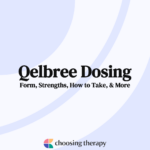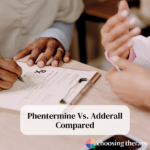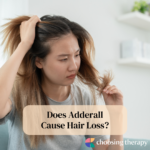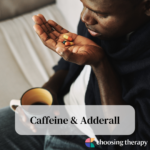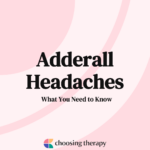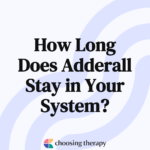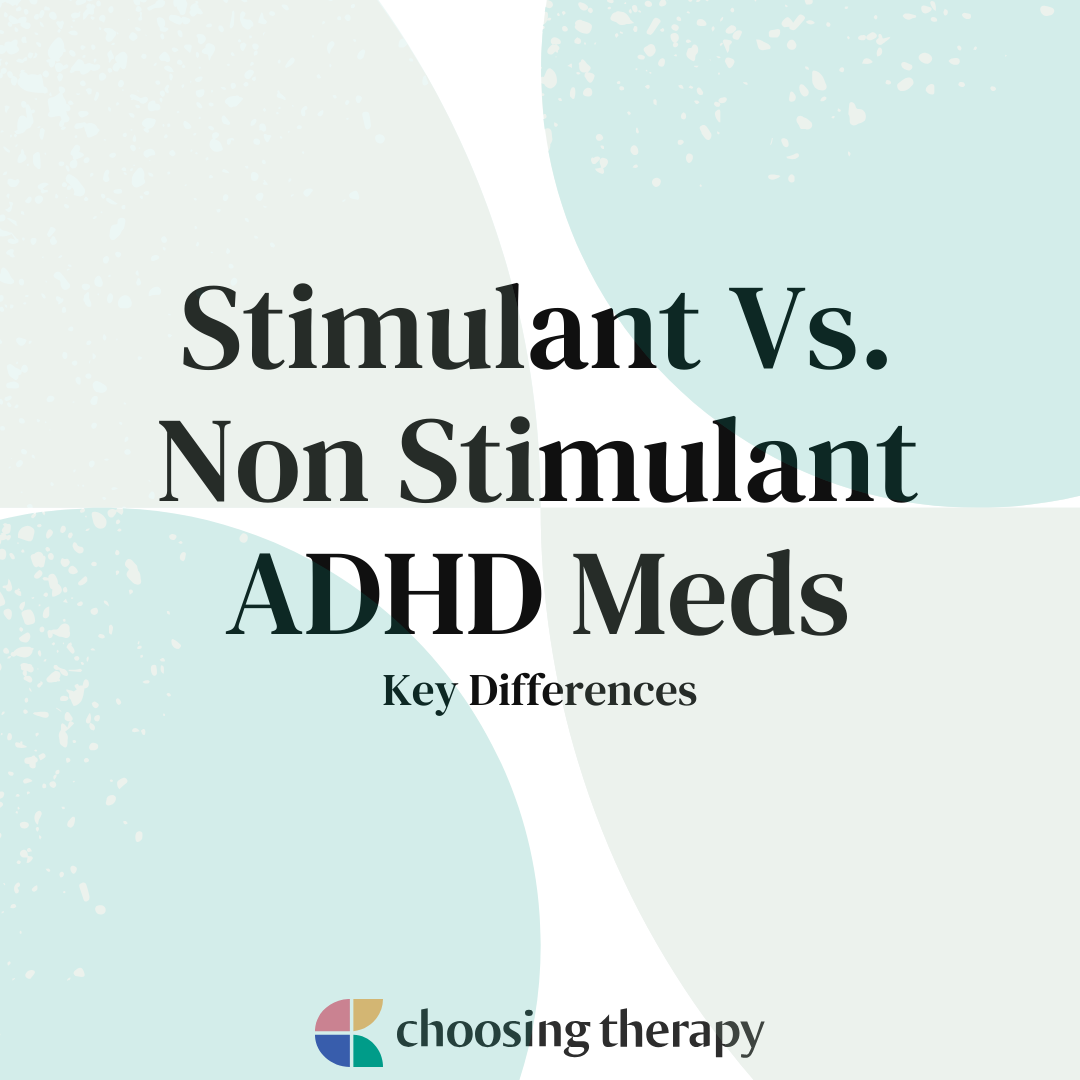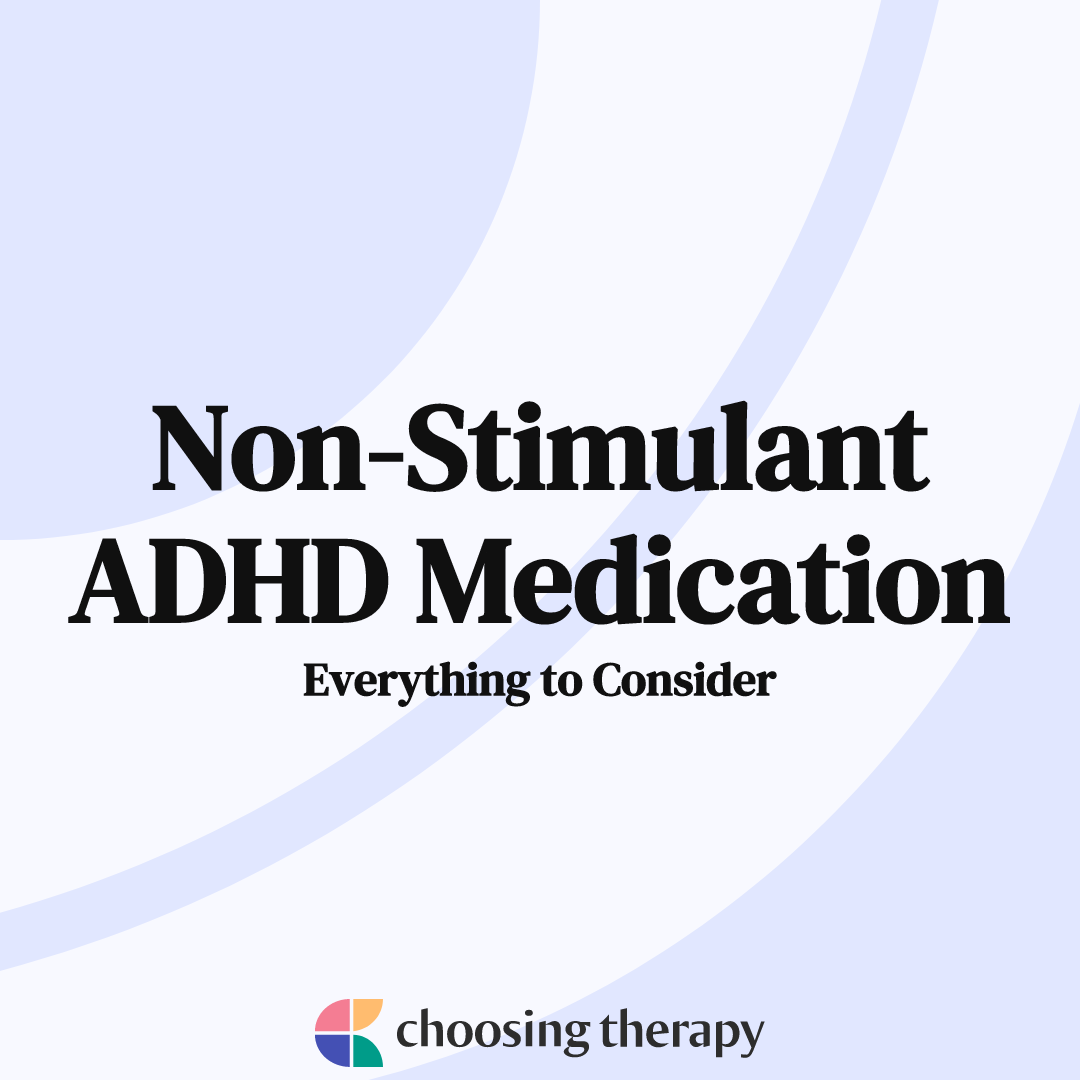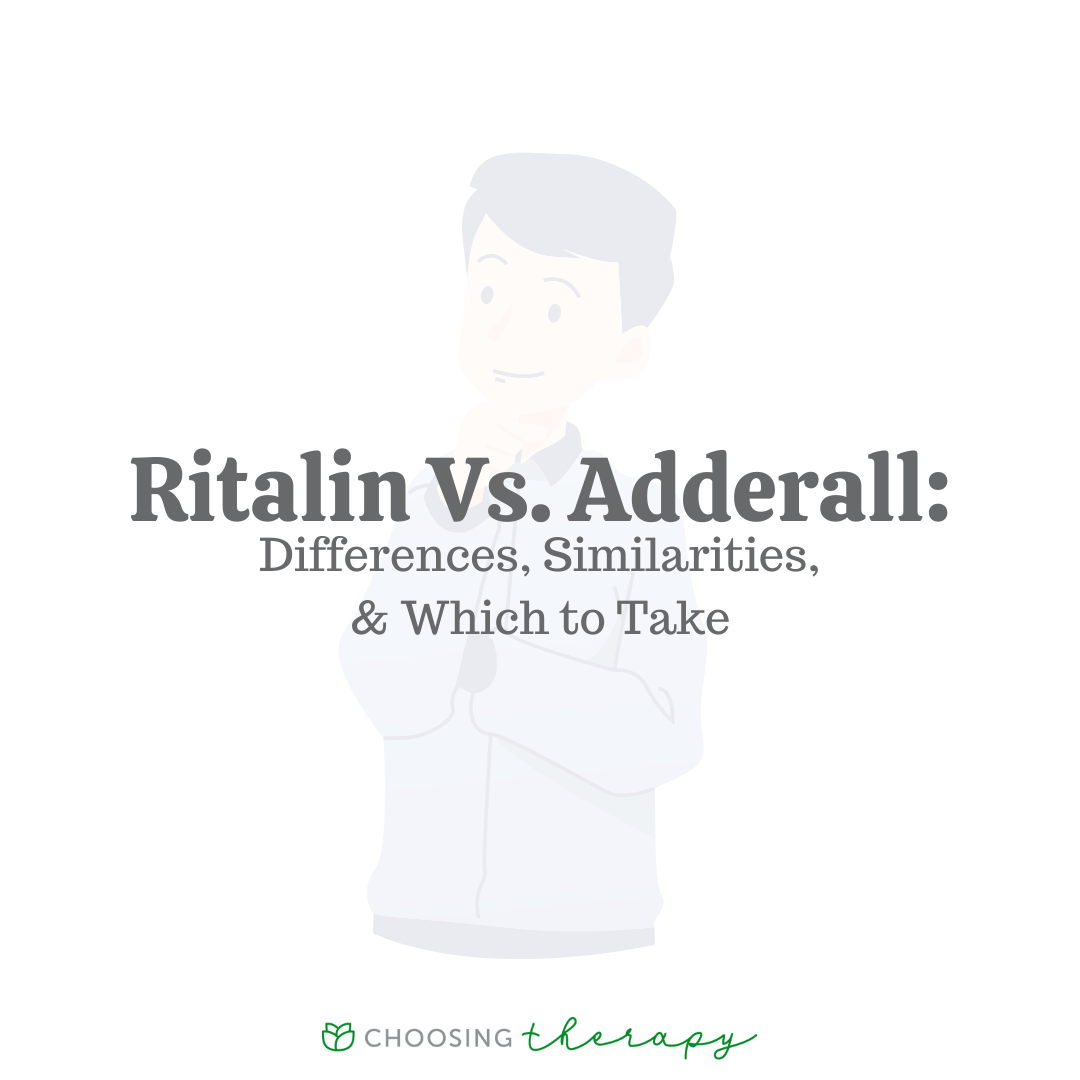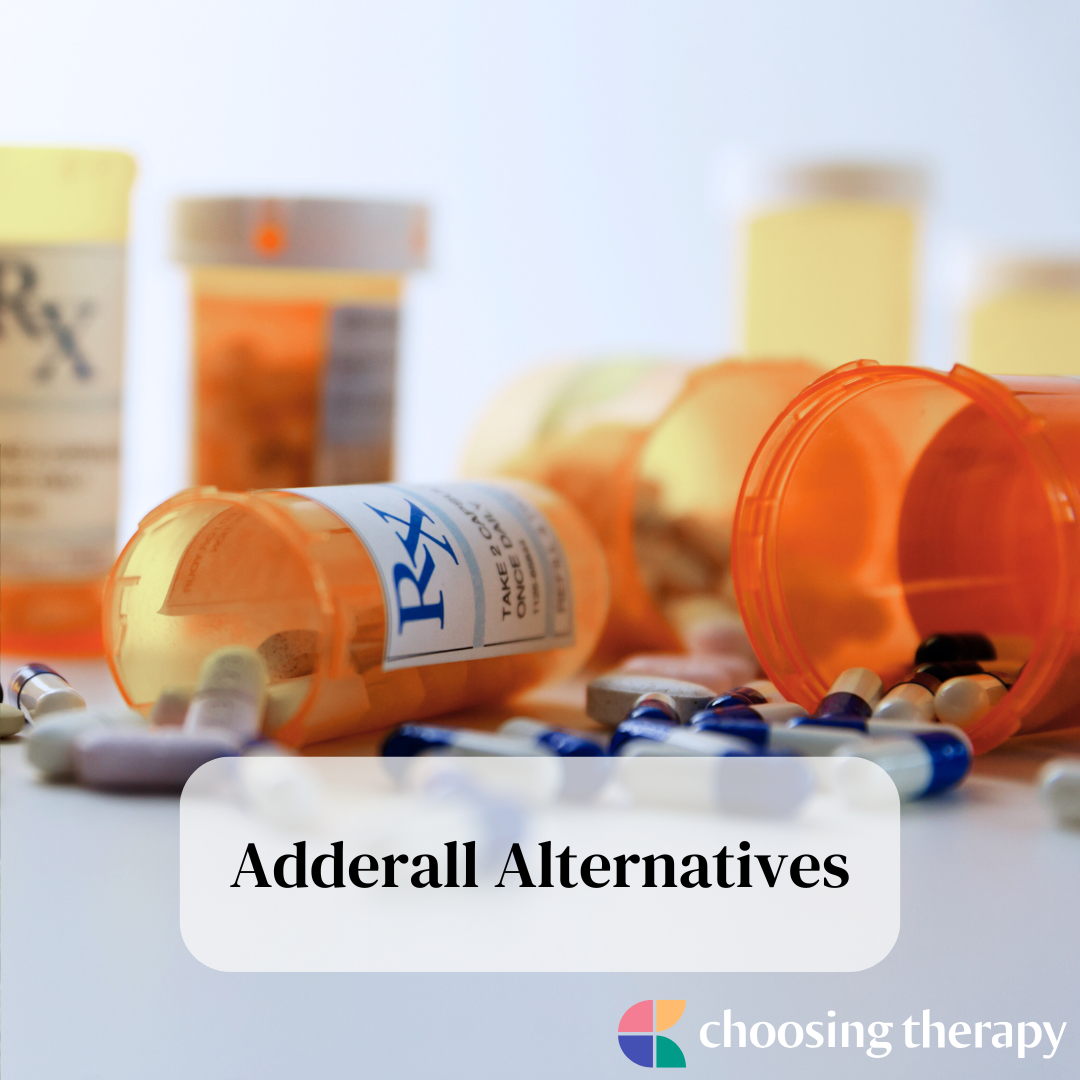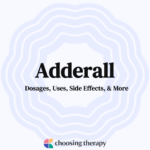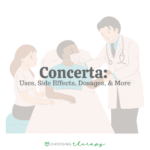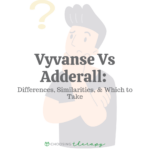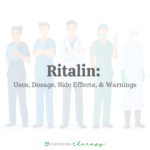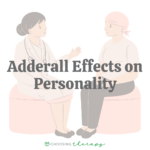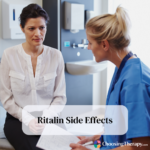
Learn More About ADHD Medications
Medication is often used to treat ADHD, along with therapy. ADHD medications include stimulants, non-stimulants, and antidepressants, with stimulants being the most widely-prescribed. Other types of ADHD medications may be prescribed when someone does not respond well to stimulants or can’t tolerate their side effects. Below you’ll find a list of articles about various ADHD medications, their side effects, and other related topics. Before you begin a new medication, it’s important that you have a thorough explanation from your prescriber about your dosage and any potential side effects you may experience.
Featured ADHD Medication Articles
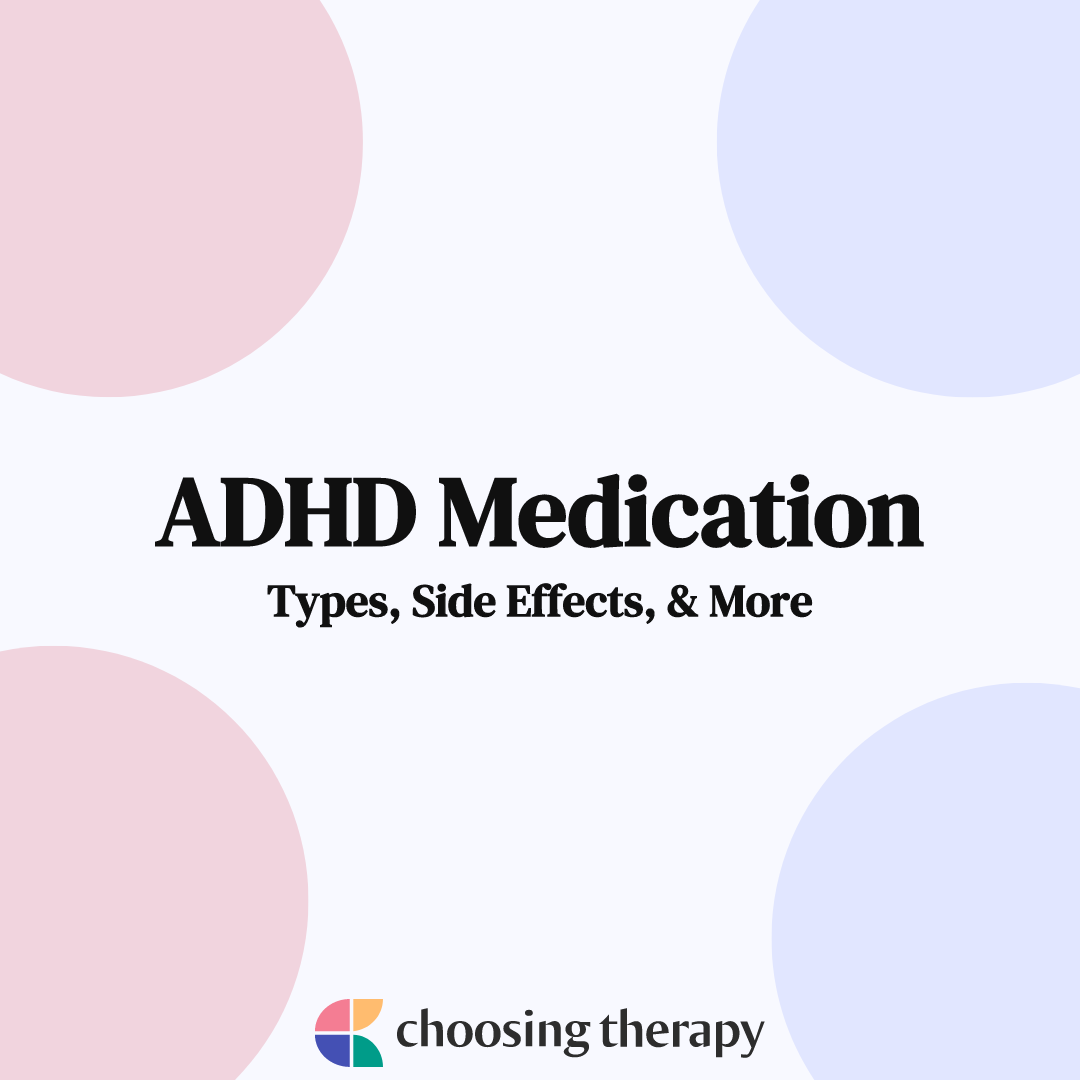
ADHD Medication: Types, Side Effects, & More
There are several different medications available for treating ADHD, including stimulants and non-stimulants. These medications can help decrease symptoms for both adults and children.
by: Emily Guarnotta, PsyD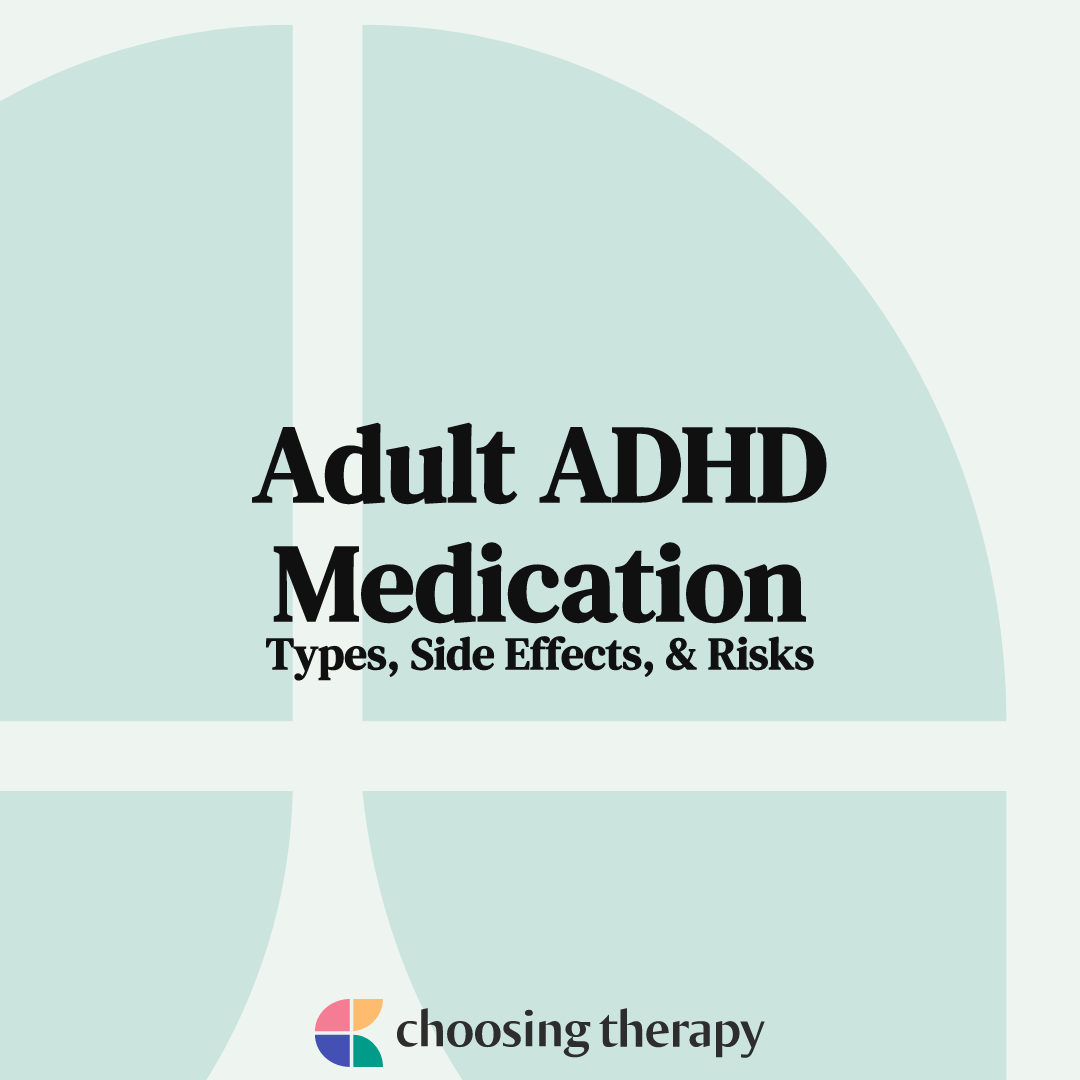
Adult ADHD Medication: Types, Side Effects, & Risks
The most common adult ADHD medications are stimulants, but many individuals benefit more from non-stimulant medication. Other options may include off-label medications, such as bupropion, guanfacine, or clonidine. A prescriber can help you find the best medication for your individual needs.
by: Osama Tariq, M.D.Common Types of ADHD Medications

Commonly Prescribed ADHD Medications

ADHD Medication Side Effects
FAQ About Medications for ADHD
Are Stimulants Addictive?
Prolonged stimulant use may result in physical dependence as the body adapts to the presence of stimulants in the system. Misusing stimulants increases this risk and may contribute to addiction.
Can I Take Adderall While Pregnant?
The effects of Adderall on fertility and pregnancy are poorly understood. Some studies show a small increased risk of preeclampsia and preterm delivery for women taking Adderall. One study noted a minor percentage of placental abruption for females taking stimulants in the second trimester, but the clinical significance is unknown.
When Should I Consider Non-Stimulant Medications?
Non-stimulants can be an alternative for those who react poorly to traditional stimulant medications. Additionally, people with histories of substance misuse may opt for non-stimulants instead because they do not carry a black box warning.
Read More About ADHD Medications
